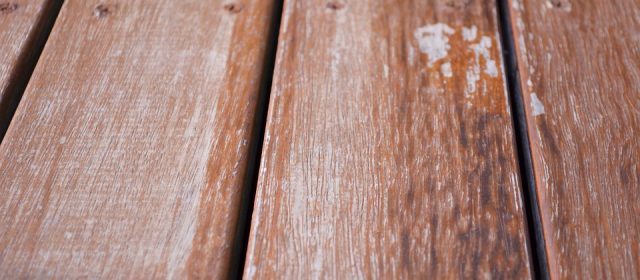Softwood or Hardwood: Which is better for your timber workbench?
- Marta Griffin | October 10, 2018

When it comes to the material for your workbench there are two main options; softwood timber and hardwood timber. The best choice will differ depending on what your requirements are.
The terms are slightly misleading as they do not give any indications to the density or strength of the wood. The term hardwood typically refers to the wood from trees of the deciduous family whilst softwood refers to the wood of the evergreen family.
Both varieties can be used for the construction of workbenches and other furnishings; check out the benefits of both varieties and when you should use one over the other.
Hardwood Timber
Hardwood has been the standard material in construction for centuries, popular with churches and houses alike. One of the main advantages of this variety is maintenance as it is very easy to clean. The occasional spray and wipe will keep it gleaming and any scratches or nicks can be easily sorted with some sanding or varnishing. This makes it suitable for a workbench which may become worn over time.
Hardwood timber from slower growing trees also tends to be very sturdy. This will pair well with a workbench and will withstand rough treatment from tools. The stronger varieties of hardwood timber include Iroko and Oak.
Hardwood can also be very pleasing to the eye; the wide variety of colours and styles available through different types of timber could help to create a better-looking workbench. You could mix and match to create a more interesting end product.
The cost of these woods can be more expensive than typical softwood varieties but you get what you pay for; this variety of timber will last longer and be less susceptible to wear and tear than their softwood counterparts.
Softwood Timber
Softwood varieties are typically evergreen and are a faster-growing tree than their hardwood counterparts. As such they are usually not as sturdy however with the correct treatment they can be just as strong and durable as hardwood timber products.
The main benefit of softwood is financial; they are cheaper than hardwood trees. This cost saving could be used to better treat the wood to make it more resistant to the wear and tear it will take if used as a workbench.
This variety is also viewed as easier to work with by joiners. This means the production of the bench may be cheaper and the production of a completed heavy duty workbench will also be more cost-effective.
Both Options are good!
Whatever you choose the main thing to consider is the stability of the workbench; make sure it is heavy enough to remain stable when you are working on it. Beyond that, the best wood to use for the timber is the best you have available to you. When you do land on a material you can find quality timber at TimberSource.


twitter
pinterest
email
rss